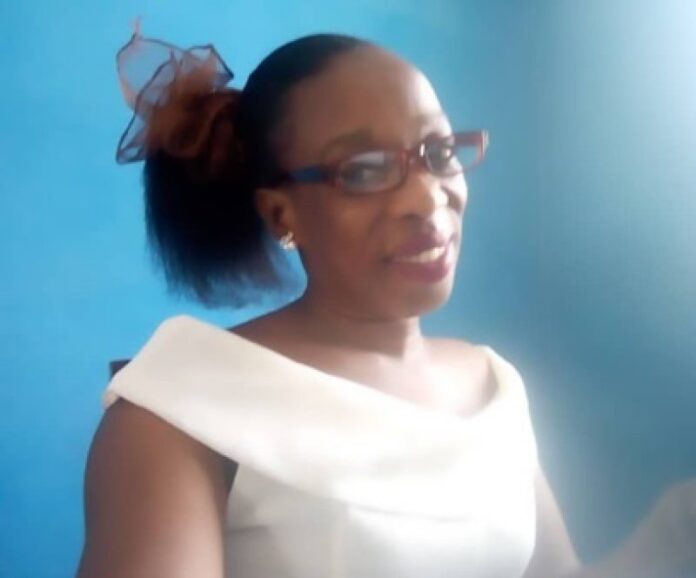Ms Efua Kyere Amponsem, the Ghana Society for the Physically Disabled (GSPD) Municipal Chairperson for New Juaben South, has urged the government to prioritize the building of special schools in order to empower persons with disabilities (PWDs) via education.
She stated that such institutions would assist students in advancing their education to higher levels, particularly ladies, in order for them to get employable skills and earn a livelihood.
Ms Amponsem told the Ghana News Agency that the special school should have facilities customized to their needs, taking into account distance and structure, which are important factors in the mobility of people with disabilities.
- Deputy Minister supports education in constituency
- Fixing the Master Cog in the Wheel of Ghana’s Virtual Education Delivery
The lack of such special schools for the physically challenged had been a huge barrier in accessing education, she said. “Even though that has affected both female and male persons with disability, we must all reflect on this as a nation to create a path for equal access for all of us by establishing a school for the physically disabled,” Ms Amponsem said.
She mentioned, for instance, the School for the Deaf and the School for the Blind as classic examples of special schools that had been tailored to fit the conditions of students.
In these schools, there are the use of braille and sign languages, she said. “People with blindness and hearing impairment are able to go far in education because of this special schools tailored to meet their specific needs.” Ms Amponsem said people with disability suffered a lot of discrimination and stigma because of their failure to go to school or learn a trade to acquire the knowledge to do decent work.
“Education amongst such people is very low due to the fact that they cannot fit in the schools as the structures and arrangements does not favour them.” In 2016, Ms Amponsem recalled that after her graduation from the university, she applied severally for jobs to no avail due to her condition.
She recalled that at an interview with an establishment, she was told that she performed better than all the other applicants but due to her condition they could not give her the job, even though she was the most qualified. “This is the height of all discrimination against people with disability or physically challenged persons,” she said.
“Why is it that 15 years down the line, since the Disability Act was passed, nothing is being done to implement the guidelines meant to give PWDs the necessary support and leverage in society?”
Ms Amponsem, who became crippled at age nine, called on parents of children with some form of disability to support them through education noting that “but for my parents, who are educationists, I won’t have come this far.”
Reverend Monsignor Bobby Benson, Founder and Director of the Mathew 25 House, said he employed Ms Amponsem based on her courage and competence. “I overlooked her situation to encourage parents of children with disability to send them to school,” he said.
I entreat organisations to employ such persons who brace all odds to acquire skills for employment.”

